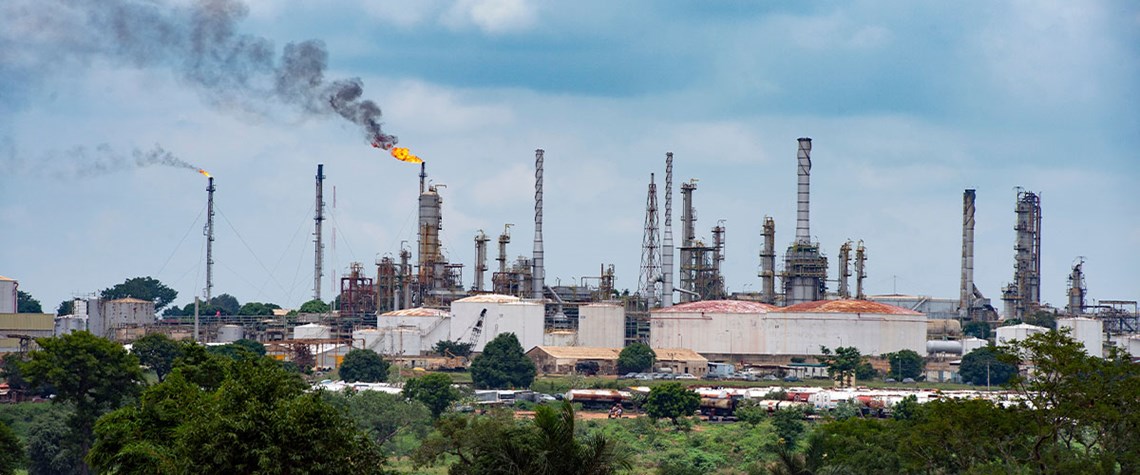Nigeria adapts to end of fuel subsidies
The withdrawal of discounts has already severely impacted domestic product demand and bolstered long-stalled refinery refurbishment projects
Nigeria relies heavily on imports for most of its refined fuels due to the prolonged neglect that led to the closure of local refineries. Until the removal of subsidies this year, the cost of providing discounted fuels was enormous. NNPC expended a staggering NGN4.39t ($5.3b) on petroleum subsidies in 2022, equating to an expenditure of more than NGN365b per month. At the same time, although the country’s oil production is gradually rebounding, it continues to be hindered by crude theft and pipeline vandalism. Statistics indicate that 48.6% of Nigerians relied on generators as of December 2021, although this figure decreased to 40% in 2022, representing approximately 60m people, according to

Also in this section
17 February 2026
The 25th WPC Energy Congress, taking place in Riyadh, Saudi Arabia from 26–30 April 2026, will bring together leaders from the political, industrial, financial and technology sectors under the unifying theme “Pathways to an Energy Future for All”
17 February 2026
Siemens Energy has been active in the Kingdom for nearly a century, evolving over that time from a project-based foreign supplier to a locally operating multi-national company with its own domestic supply chain and workforce
17 February 2026
Eni’s chief operating officer for global natural resources, Guido Brusco, takes stock of the company’s key achievements over the past year, and what differentiates its strategy from those of its peers in the LNG sector and beyond
16 February 2026
As the third wave of global LNG arrives, Wood Mackenzie’s director for Europe gas and LNG, Tom Marzec-Manser, discusses with Petroleum Economist the outlook for Europe’s gas market in 2026







